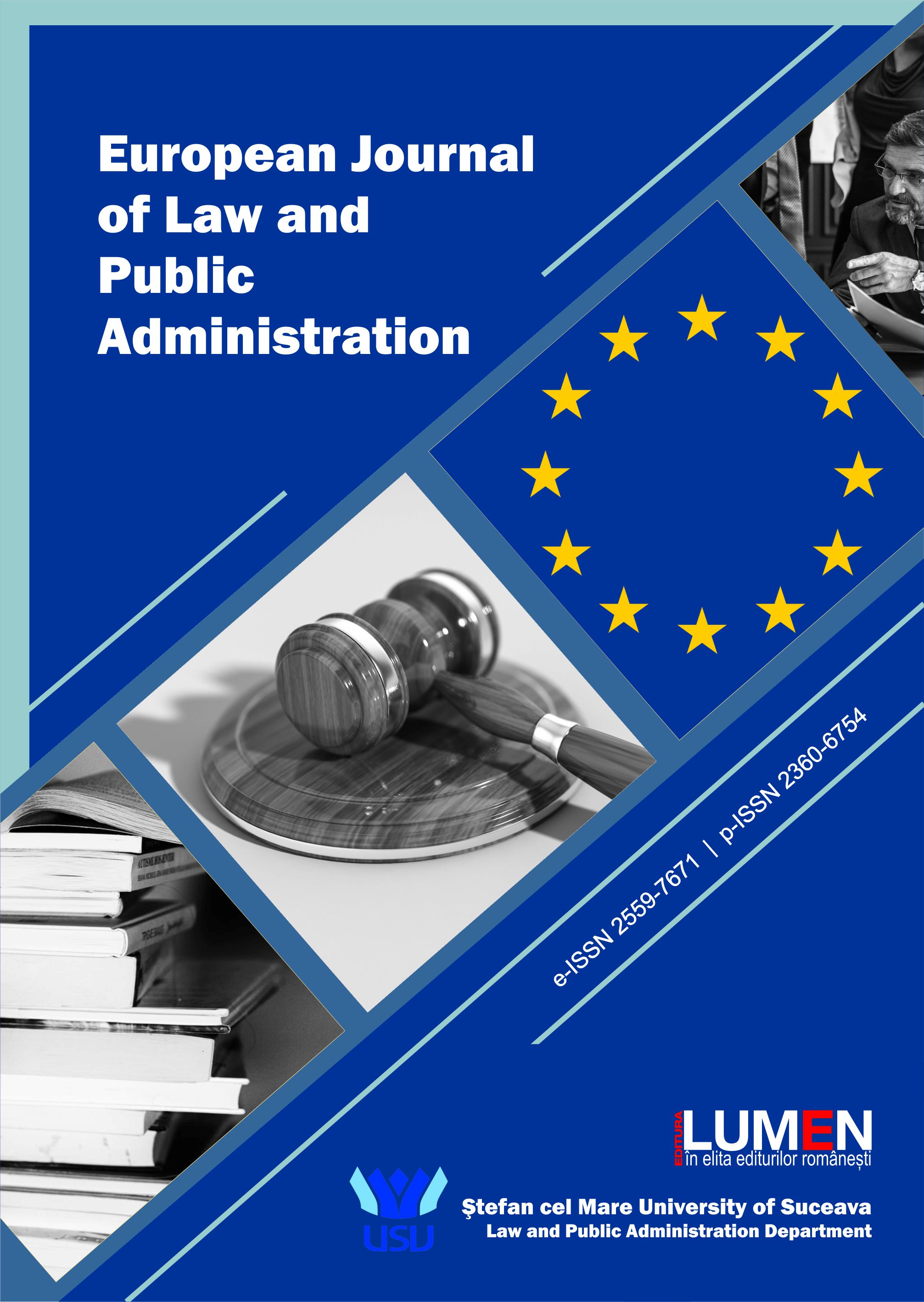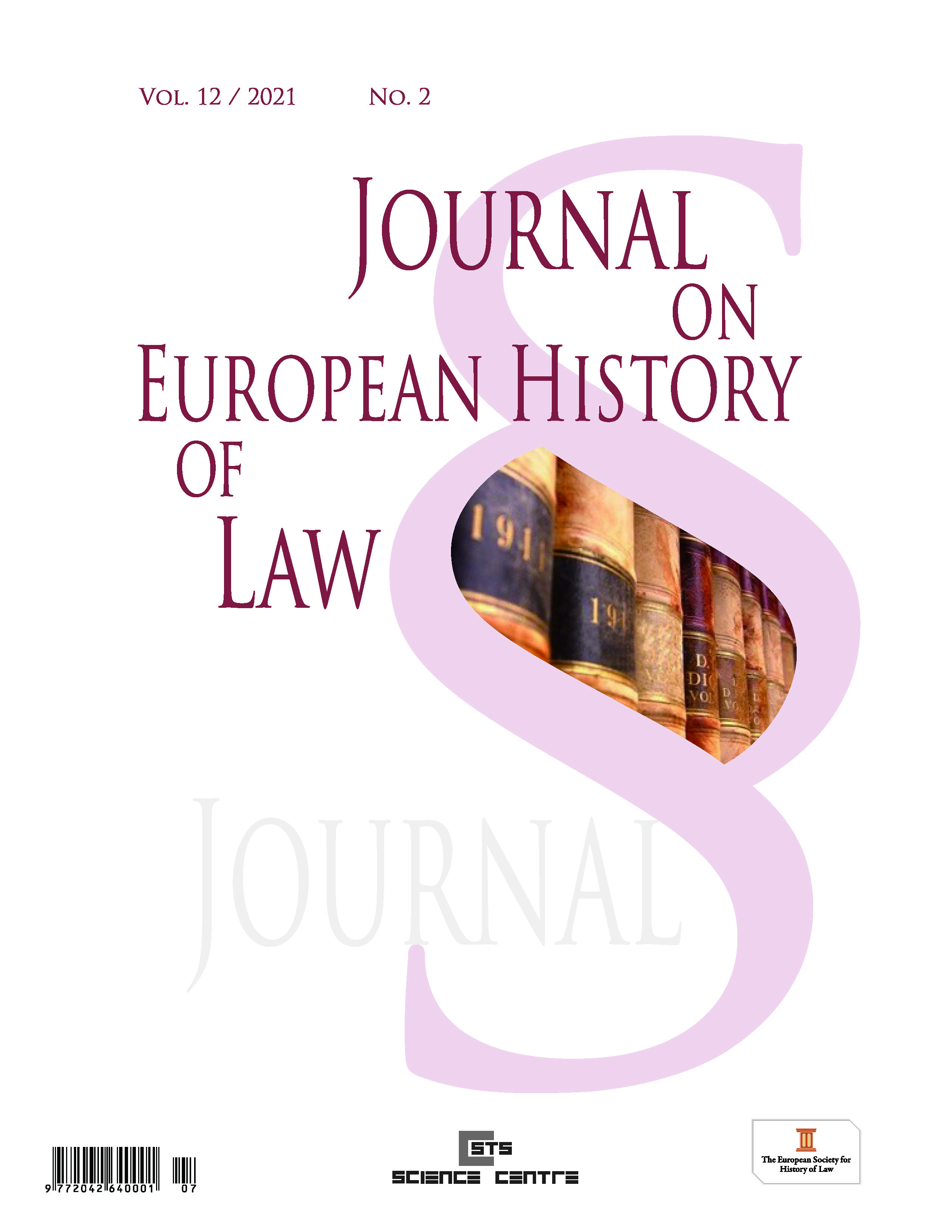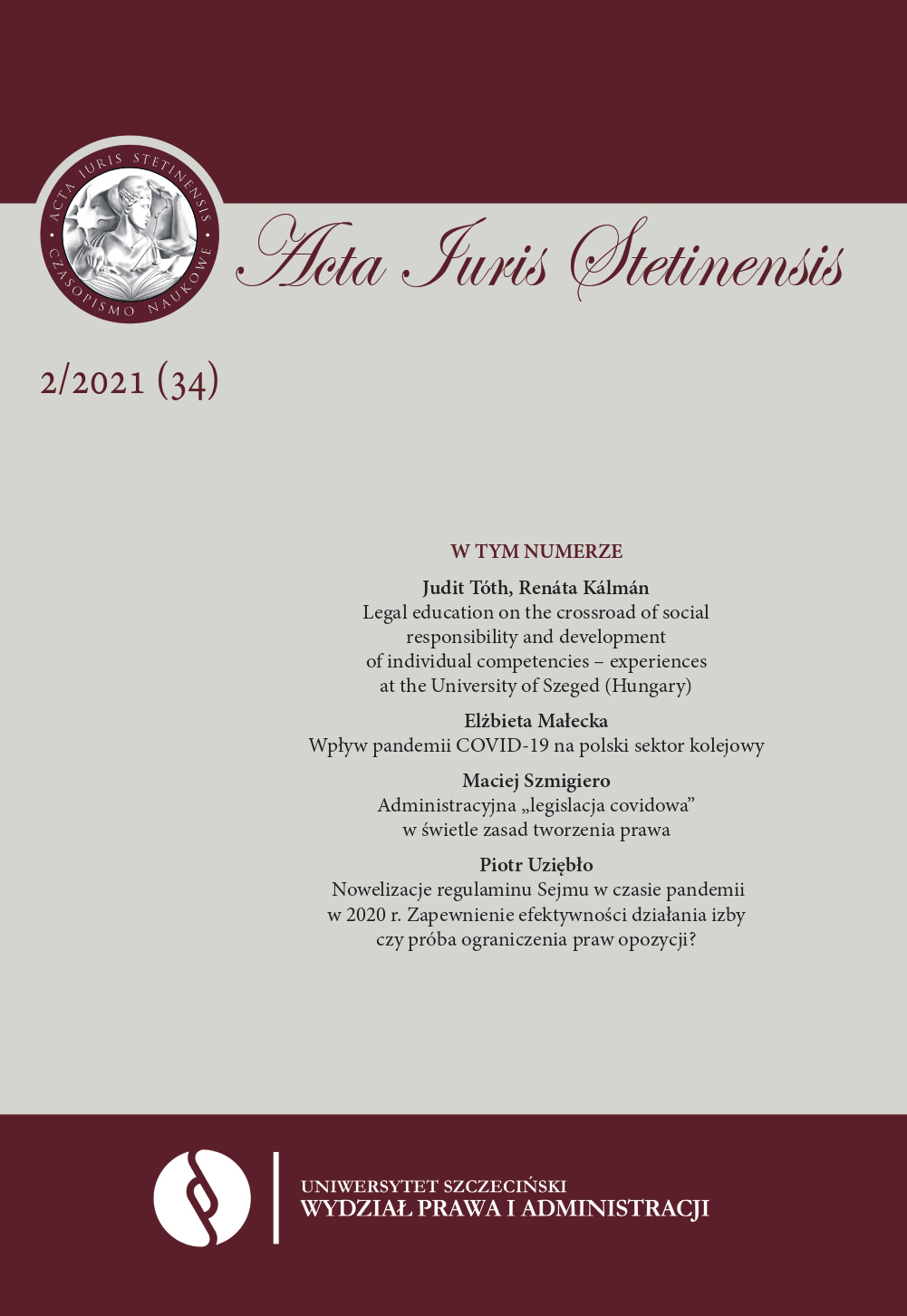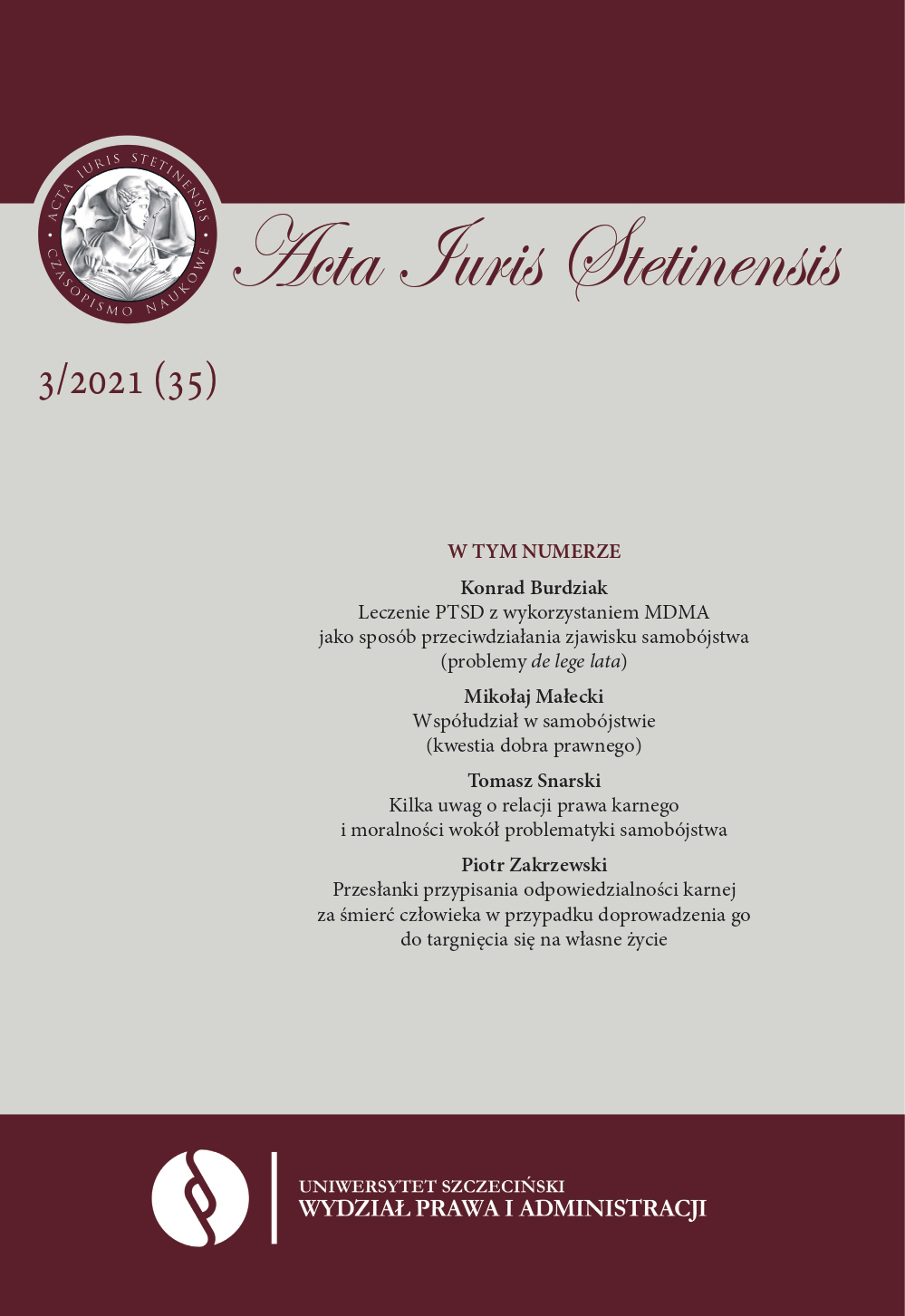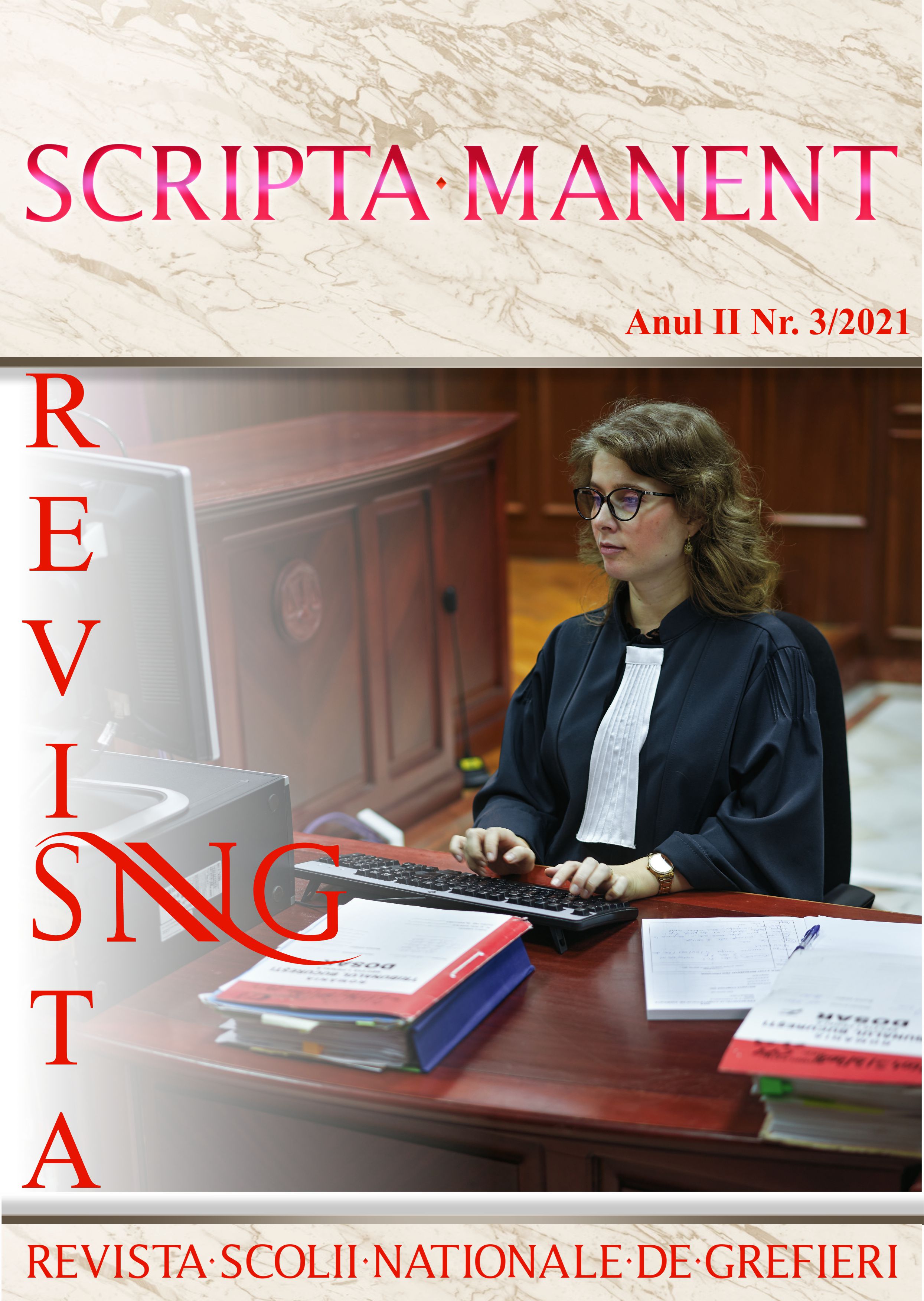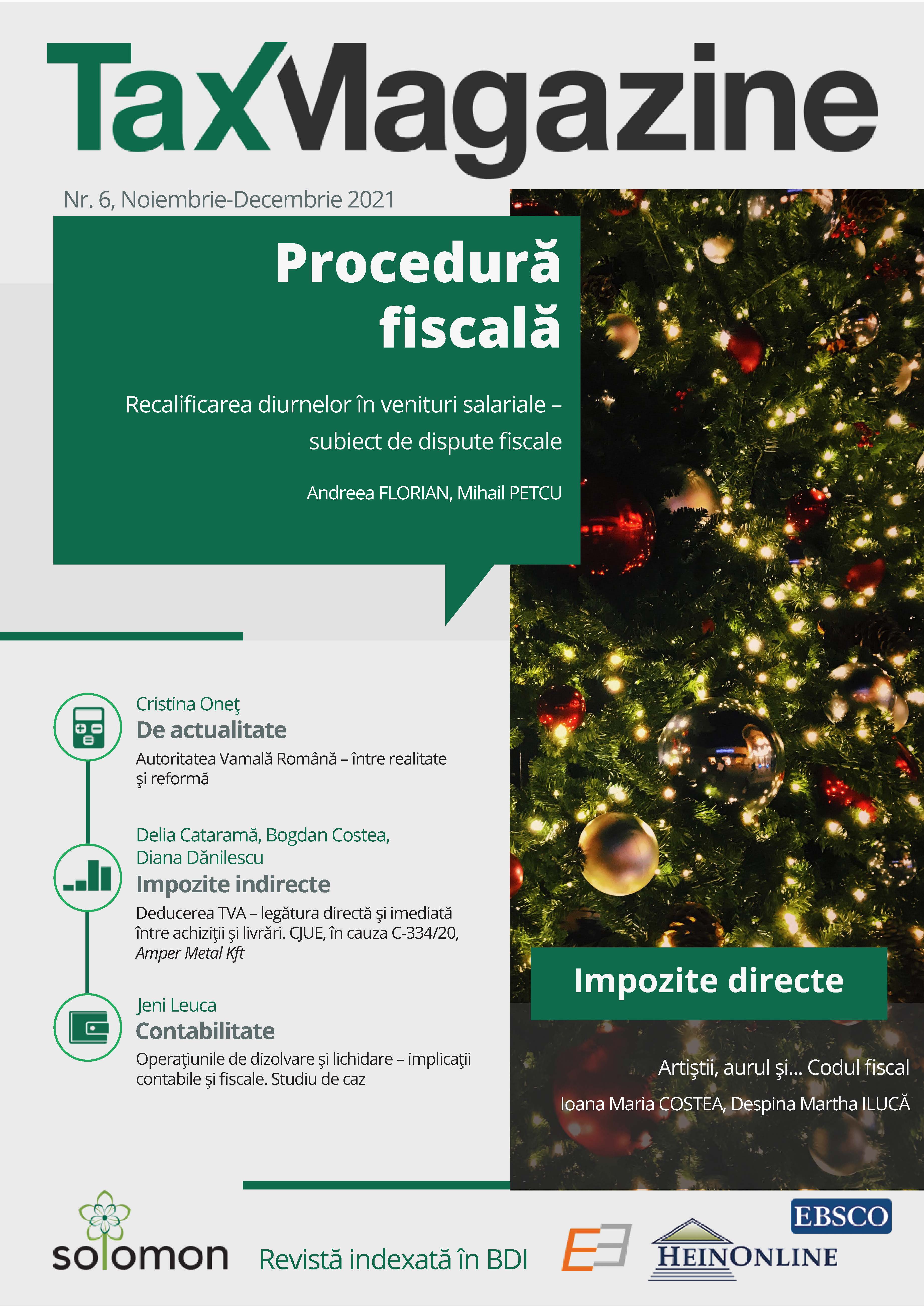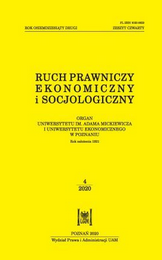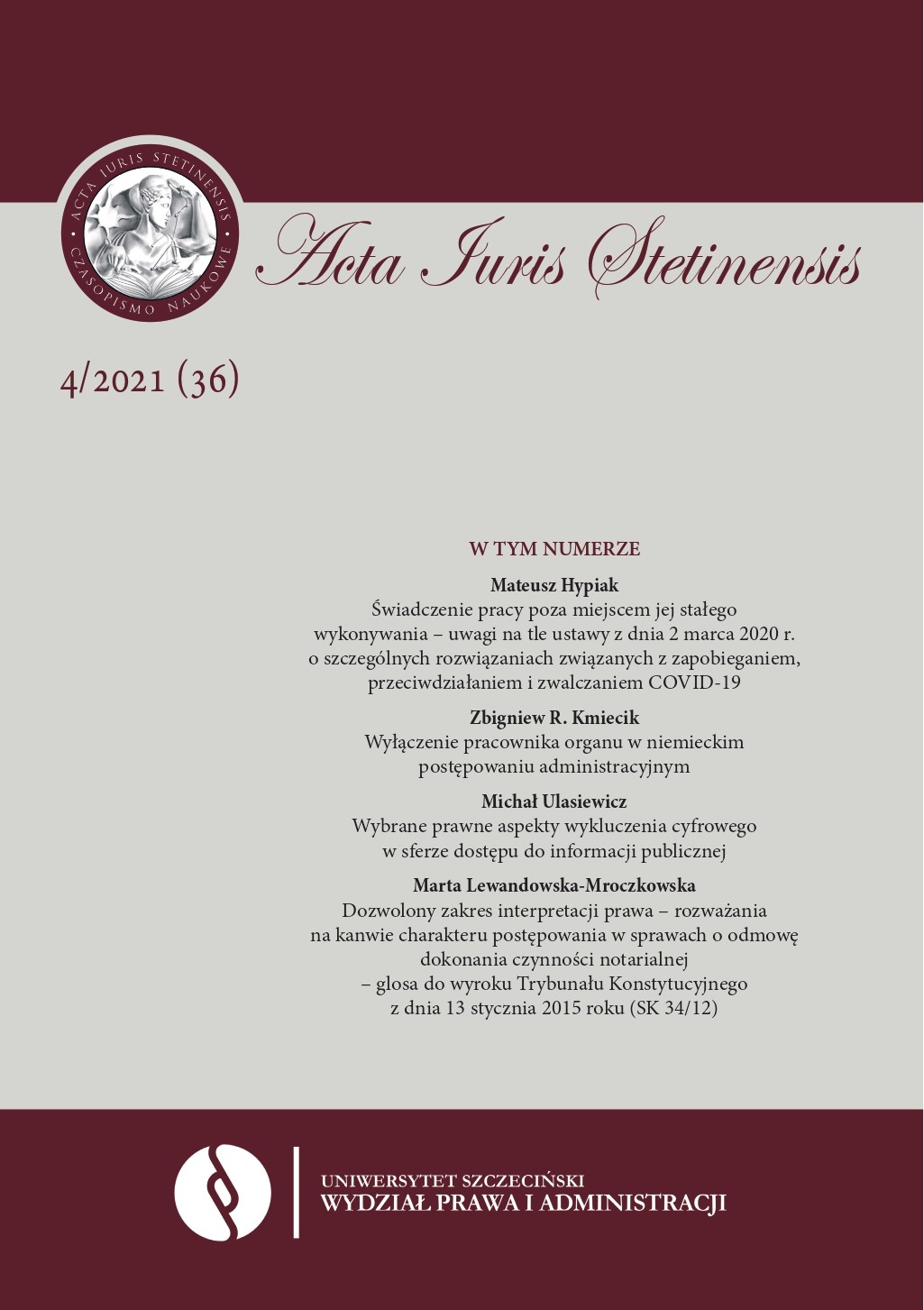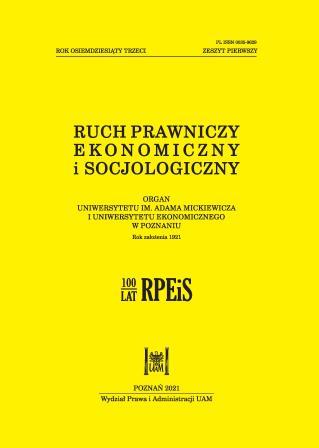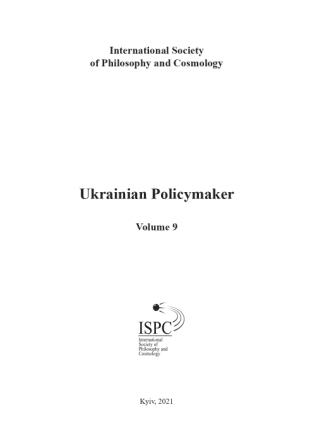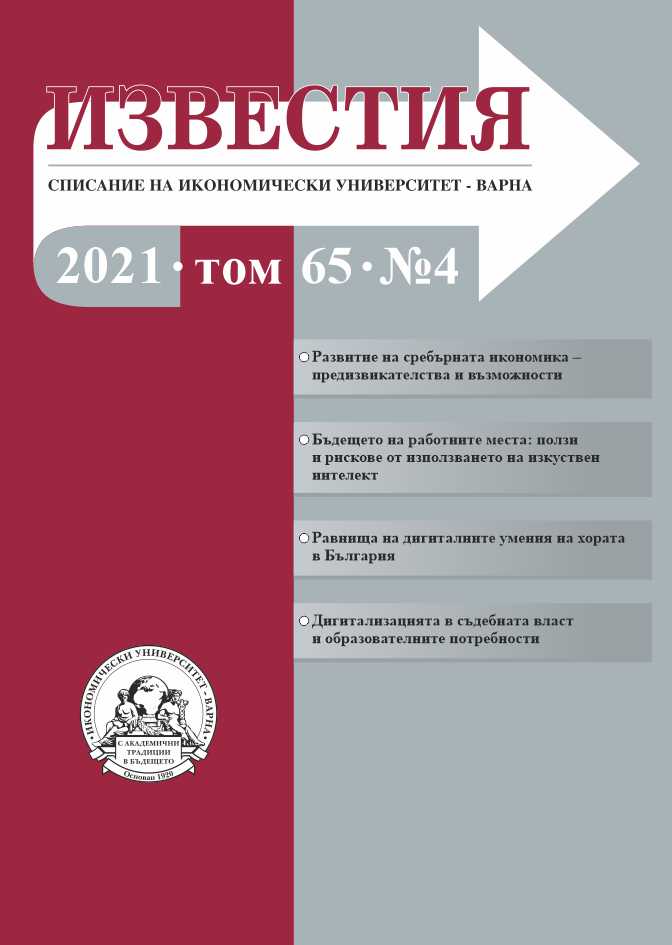Author(s): Cristina Oneţ / Language(s): Romanian
Issue: 6/2021
The present study is occasioned by the adoption of Law no. 268/2021 for the establishment of the Romanian Customs Authority, which entered into force on 10.12.2021 and which establishes a new form of organization of the Romanian customs authorities. The need to reorganize the activity of the body with attributions in the Romanian customs field, we consider that it was a necessary and, as a result, correct one. Along with the arguments contained in the explanatory memorandum formulated by the initiator of the law, others can be highlighted. Thus, at European level, real systems of operative communication in fiscal matters were developed, in which the Romanian customs body was practically non-existent, because the General Directorate of Customs within NAFA lacked legal personality, its representation in all these situations being carried out by NAFA. This objective reality has made the customs clearance a role and an importance secondary to the main activity of the fiscal body of the state of administration of fiscal receivables and collection of revenues to all budgets belonging to the state. For the same reasons, a decrease in the quality of customs management and, implicitly, a decrease in the quality of customs clearance activities could be observed. The need to streamline customs clearance has become clear, both for the benefit of the European Union budget where all customs duties collected by the national customs authorities of all Member States are paid, and for the benefit of the state budget, given that the customs authorities have a very important role in tracking and collecting VAT and excise tax obligations. The newly established Romanian Customs Authority takes over from the National Agency for Fiscal Administration and its subordinate units the activity, positions, and personnel of the customs structures, respectively the General Directorate of Customs within the own apparatus of NAFA, the regional customs directorates and the internal and border customs offices, regional directorates-general for public finances. The Romanian Customs Authority is organized as a specialized body of the central public administration in the customs field. It will have the status of a public institution with legal personality, subordinated to the Ministry of Finance and financed from the state budget through the budget of the Ministry of Finance. It is led by a President with the rank of Secretary of State, appointed and dismissed by decision of the Prime Minister, at the proposal of the Minister of Finance and is seconded by a Vice President, with the rank of Undersecretary of State. From the point of view of managing the funds allocated through the budget, the President of the Authority shall be the authorizing officer of the third party. Its attributions in the customs and fiscal fields do not change, but only the way of organizing and functioning of this activity. The reorganization process of the public authorities with attributions in the Romanian customs field was only initiated by the adoption of Law no. 268/2021. It will have to be continued with the adoption of new regulations regarding the way in which the organizational and personnel structure will be established and detailed, the budgetary allocations that will financially support this activity, the working procedures and other aspects meant to lead to a more efficient activity of Romanian Customs Authority.
More...
